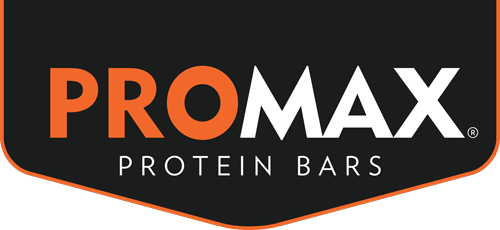Bread, bread, glorious bread! For those of us training to get lean, it's something we may want to avoid, depending on our training schedules. But what if you have to avoid it? Absolutely cannot eat it? Those with Celiac Disease, an autoimmune disorder, are in this predicament. How should you handle your training and nutrition if you are diagnosed with Celiac Disease?
The Basics:
What is it? Celiacs Disease is an autoimmune system disorder when your body cannot process gluten, which can be found in wheat, barley, or rye. When someone who has Celiac Disease comes in contact with any of these ingredients, it causes extreme discomfort and inflammation in their small intestine, putting a great amount of stress on their digestive system.
What are the symptoms?
- Iron deficiency anemia
- bloating
- diarrhea
- weight loss
- mouth sores
A list of other symptoms can be found here; symptoms vary for each patient. How does Celiac Disease affect your workout? Adjusting your nutrition when you are diagnosed with Celiac Disease is difficult enough. What about your exercise routine? Many people have many questions for their doctors—what exercises are safe to do? Because people with Celiac Disease often have low iron, and thus, low energy, many professionals suggest starting out with a low-impact workout. For a lot of us, this is a difficult adjustment. But listen to your body and start off slow—then work your way back to where you were before you diagnosis. Exercises like pilates and yoga are a great place to start. They allow you to work muscles all over your body while not putting too much physical strain on yourself. Finding a new workout regimen that works for you when first diagnosed is very important. Athletes are accustomed to the mood balance and enhancement that exercise gives them—don't give up just because you become aware that a transition is imminent. We recommend reaching out to a trainer at a nearby fitness center or your current gym, to help you adjust your workouts to better suit your adjustment to living with Celiac Disease.
How does Celiac Disease affect your nutrition? We have already mentioned that many people with Celiac Disease suffer from iron deficiency anemia. Because of this, a diet high in protein and calcium is recommended. You can get protein from lean meats such as chicken or fish and if you do not have time to cook, there is always the option of supplementing your daily diet with a protein shake or protein bar.
Where do I go from here? Whether or not you are diagnosed with Celiac Disease, we at PROMAX are happy to answer your questions about what can be does to adjust your nutrition and training. Feel free to read our blog to learn more or contact us directly!
